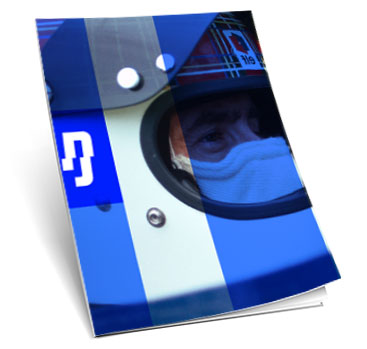It’s Dementia Action Week and we have invited our supporters to ask Race Against Dementia Fellow Dr Aitana Sogorb-Esteve from University College London questions about dementia diagnosis – this year’s theme.
Aitana is studying blood biomarkers – molecules that gives us clues on conditions found in the body. In dementia they can show failing brain connections and help distinguish between the different types of dementia.
Q: What is the research in dementia diagnosis hoping to achieve?
Aitana: Researchers are working hard to give people living with dementia a better quality of life. This means an early and specific diagnosis.Biomarkers are crucial – they give us information through simple blood tests rather than invasive brain scans. They help us diagnose and monitor the progression of the disease in a person.
Q: Is the research on diagnosis the same for the different types of dementia? Or are they different?
Aitana: Although the techniques we use to approach a diagnosis are the same, each type of dementia has different characteristics that will show up differently in our blood. That identification is key to giving the person the correct diagnosis and the most suitable treatment.
Q: How is Race Against Dementia working to make early diagnosis better?
Aitana: As a researcher, seeking research funding takes a lot of our time. Race Against Dementia is changing this, providing fellows like me with resources and time to focus on what really matters – our research. Race Against Dementia allows us to think laterally and take risks to succeed. The Race Against Dementia development programme is influenced by Formula 1’s approach to leadership, teamwork and innovation. It changes the way we approach dementia research – more precision and even greater urgency.
Q: Are these new drugs that came out recently making any difference?
Aitana: Yes, they are. It has been the first time in over 20 years that researchers have managed to change the mechanisms causing Alzheimer’s disease and slow its progression. That is why they are called ‘disease modifying treatments’. Although there is still a lot to achieve, drugs like lecanemab and donanemab show that it is possible to slow dementia’s progression. More research, testing and development to be done, but it’s hugely encouraging to see these advances beginning to make a difference.
Learn more about the innovative research our Race Against Dementia Fellows are driving forward and join the race against dementia.


